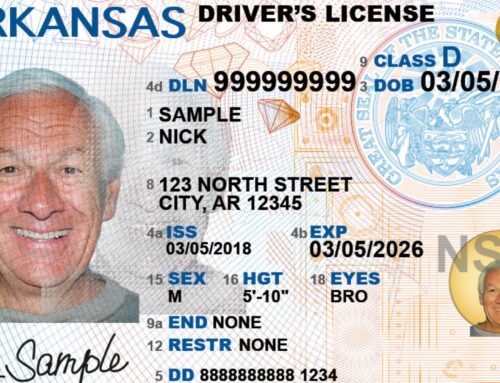I have frequently encountered the adage, “think before you act.” Through personal experience as both an actor and recipient of thoughtless actions, I have witnessed the considerable harm such behavior can inflict on individuals, including those engaging in the mindless conduct. This type of behavior is often characterized as a lack of impulse control or, in my field, emotional dysregulation. Unfortunately, once the deed is done and any perceived self-righteousness has diminished, feelings of guilt, second-guessing, self-doubt, self-criticism, internalized anger, and damaged relationships tend to emerge.
A critical aspect of counseling is to help individuals understand the gap between an event and their response to it. In other words, we possess the ability to choose how we react to what occurs around us. It can be highly beneficial to pause between experiencing an external event and initiating a behavioral response. For instance, consider the event as A, the response as C, and the pause or space between A and C as B. During this B gap, one can seize the opportunity to self-reflect and deliberately choose their response.
One practice that has significantly enhanced my ability to think before acting is meditation. The advantages of meditation are numerous and supported by scientific research. Neuroscience has demonstrated that meditation induces physical changes in the brain. Brain scans reveal substantial changes in regions associated with attention, positive emotions (such as hope, contentment, peace, well-being, and equanimity), and emotional regulation.
However, it is important to note that meditation may not be suitable for everyone. For some individuals, particularly those who have experienced significant trauma, meditation can have adverse effects. There are various forms of meditation, with mindfulness meditation being a practice that cultivates the ability to remain present in the moment. This includes being present with unpleasant feelings and thoughts, as well as with pain, even chronic pain.
A simpler method to create a pause before reacting to external stimuli is to take a deep breath. Focus on the breath as it enters your body and observe its impact. During this pause, examine and identify what triggers emotional reactivity which could lead to damaging behaviors. Use this opportunity to consider a way to respond in a manner that benefits all parties involved.






